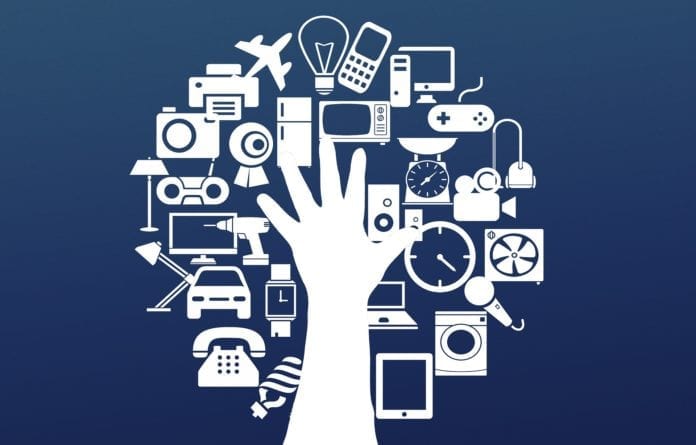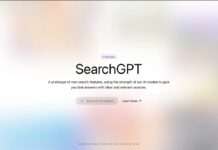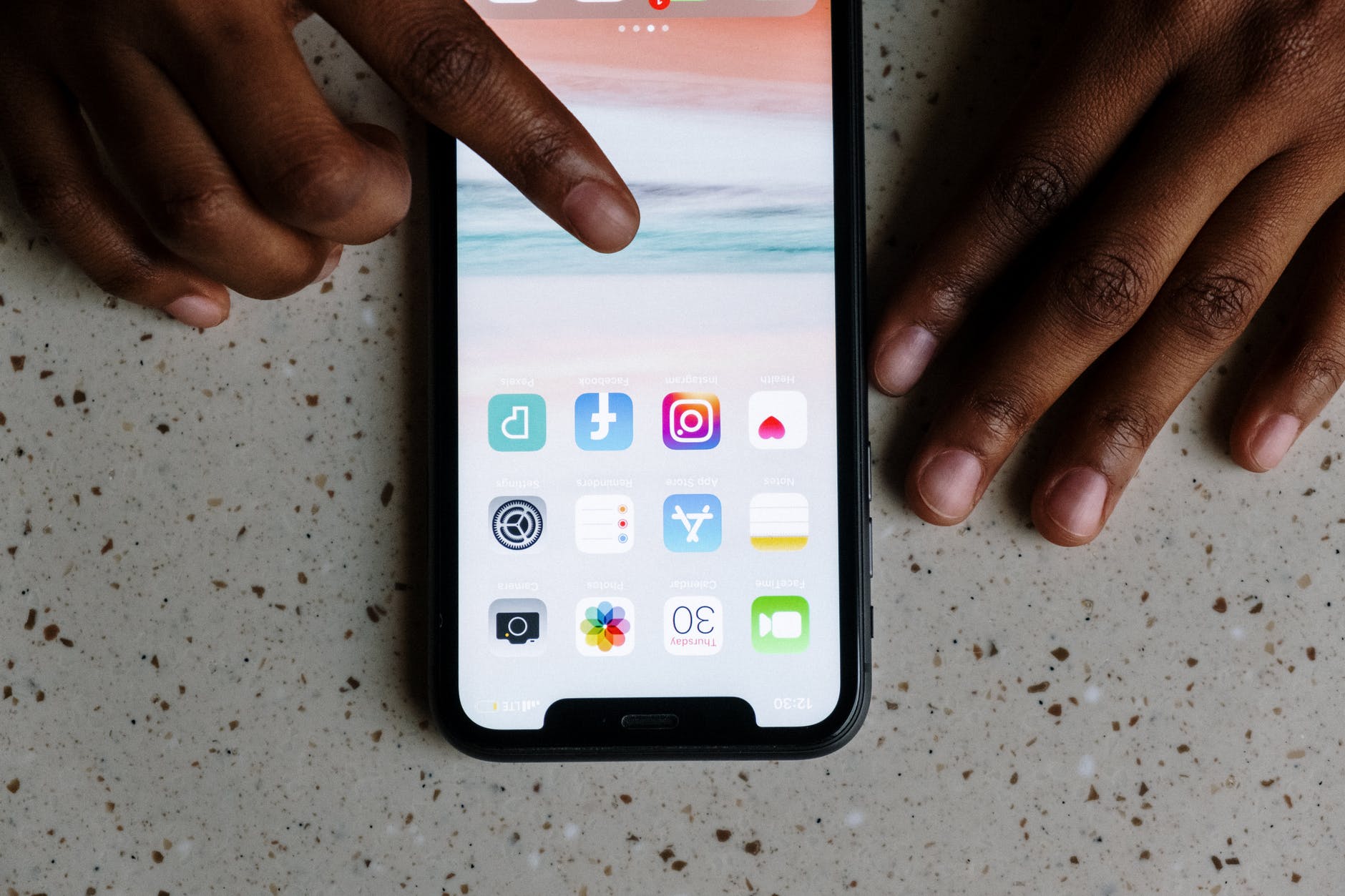The Internet of Things (IoT) is more than the sum of its interconnected parts. The vast swathes of sensors and software and systems that pull together insights and information and allow for industry and innovation. IoT is also far more than the media hype that has preceded it for the past ten or so years, yodelling about connected fridges and washing machines that can think. It is, in fact, the sum of all these parts plus the ability to provide South African citizens and markets with tangible benefits to quality of life. According to Roger Hislop, Chairperson of the IOT Industry Council of South Africa (IOTIC), IoT can help people become more effective, track where things are, and even manage utilities and budgets.
“IoT provides better control and improved management of businesses and municipalities,” he adds. “It lets you track where things are, how they are being used, and what is happening around them. The simplest examples are smart meters – they can let you know, minute-by-minute, how much electricity or water is being used. They can notify you if your property has a leak and save you thousands, and they can help you better manage your usage and give you granular control over an expense that often weighs heavily on customer and industry.”
IoT can also be used to track items and individuals, which is not as invasive as it sounds. You can use personal trackers to monitor people who are vulnerable so you can make sure that they are taking their medication or see if they are in trouble. This can be used to monitor the health of the elderly and the wellbeing of children, and that is only scratching the surface of this potential. A temperature sensor can be installed into air vents to determine if an air-conditioning unit is working properly, to ensure that the freezer in a retail outlet is optimised correctly, and to keep temperatures tightly managed for the transportation of certain goods.
“The technology has multiple applications, is cheap, easy to implement, and doesn’t need to be constantly micro-managed once it has been installed,” says Hislop. “You can also use the information gathered by the sensors and devices for analytics and insights. The data can be sent to you via a mobile device on any application you choose and can be then captured in a dashboard that you can use to fine-tune processes, services, and results. In short, IoT can save you time and money regardless of whether you’re a consumer or a large enterprise.”
What IoT does not do is steal jobs. It is a technology that improves visibility into operations and processes – helps manage them better. But someone still must go do the actual work. IoT is a technology that has been developed to enhance people’s lives, by helping them become more effective. IoT is usually a small, battery-powered device that uses the internet to communicate with smart systems, giving you real-time, real-world information that is valuable and relevant. These tools allow users to switch devices on and off remotely – that forgotten alarm, the extra storage freezer, the window shutters – and to minimise waste – wasted time, wasted utilities, wasted stock, and wasted opportunities. With the right IoT technology in place, organisations of all sizes can streamline processes and systems to ensure optimal usage of space and resources.
“There are other use cases that people don’t realise that IoT can do for them,” says Hislop. “IoT devices can be used on power and telecommunications cables and access covers to alert people when they are being tampered with. They can be used to track expensive machinery or test equipment, and they can be used to turn the normal traffic light into a smart one. A traffic light that can watch intersections and automatically optimise for flow at different times of the day.”
The technology that powers IoT is not radically new or transformative. It has been available for the past 20 years, but today it is cheaper and more accessible which means that there is more scope for new use cases and innovation. This shift in price has ignited adoption and allows business and government to leverage IoT to benefit the country. This is particularly relevant for businesses and municipalities as IoT can help them to function more effectively.
“There has been a lot of talk about the Fourth Industrial Revolution (4IR), a loose bag of technologies such as artificial intelligence (AI), robotics, high-speed wireless communications, and IoT,” concludes Hislop. “The fusing of physical, digital, and biological technologies that change how we live and work. While many of these technologies are speculative, IoT is here now and it is cheap, accessible, and making a real difference.”
IoT is cheaper, faster, and more readily available for inventive implementations today than ever before. Its application should become a priority for government and business because it can deliver immediate benefits on a massive scale to communities across the country.






